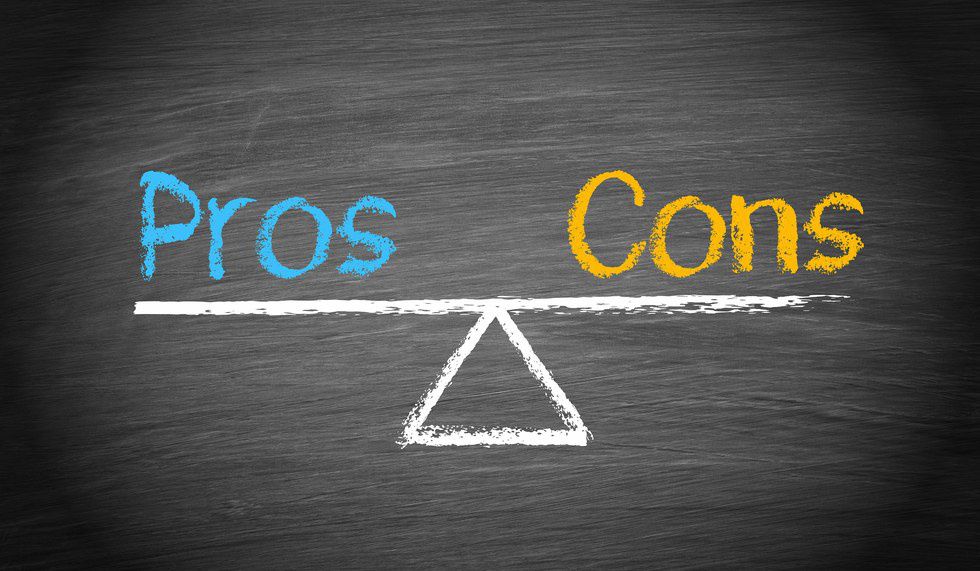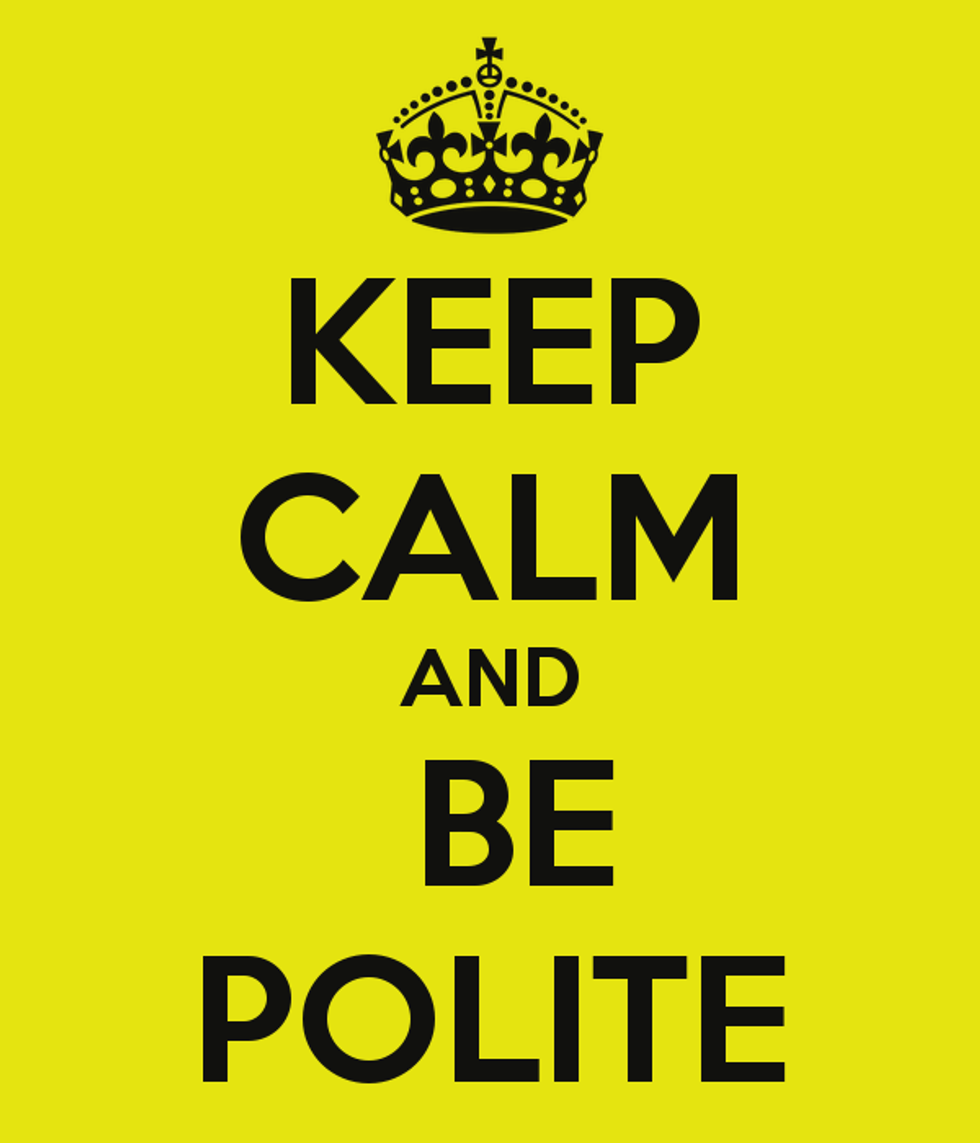It's safe to say that most people hate confrontation. Whether it's at school or at work, confrontation can cause awkward or disagreeable situations. The best way to handle these situations is to be prepared and communicate clearly. As a student at a university, I know from experience that sometimes it is necessary to my grade in a class that I speak up for myself about issues in grading or group work. The following tips can be helpful in many different situations where confrontation with an authority figure may happen. They are also useful in a professional environment with peers.
1. Don’t sweat the small stuff.
Pick your battles. If it's something important, then say something politely. If it's not worth it, don't fuss, because when something worth it does come up, your comment may not be taken as seriously. Stay cool and level-headed when communicating with people at work or school. You never know if you'll get the same professor or lab partner in a future class! Don't burn bridges.
2. Get input.
Before confronting a professor or boss, get some input on what you should do and say. Don't get input from a peer in the class or a coworker. Talking to someone who is biased in the situation can only cause more issues when trying to resolve the problem. Communicating with someone who can see from an outside perspective may give you some new ideas on how to handle the situation. Take advice with a grain of salt, because there is such a thing as bad advice!
3. Find a course of action.
4. Think through your points.
Once you've decided to follow through with a plan, it's important to prepare so that you can begin the conversation calmly and clearly. If you're nervous, sometimes it's helpful to write key points on an index card to prepare. If meeting with a professor where there are several points to discuss, having these notes will help you stay on track as well. Thinking about what you're going to say beforehand will help the conversation go more smoothly and help you stay on track.5. Have it in writing.
6. Get input again.
7. Have a Plan B.
Especially in time-sensitive issues, it's important to have a back-up plan. When talking to someone in a position of authority, the outcome may not always be ideal, so a back-up plan can come in handy! Try not to be too upset if Plan A doesn't work out because there's almost always another route to take. If the first one doesn't work, it's only a matter of going back to brainstorming which course of action to choose. If the first choice in a series of options didn't work, it may be time to move to a more serious action, depending on the severity of the situation.
8. Stay calm.
9. Be polite.
When dealing with confrontation in professional environments such as work or school, it's important to be polite and use the best of manners. Having to work with the same person or take a class from the same professor can be really awkward if you let your emotions run wild while dealing with an issue. Handling issues politely and reasonably can make professors and peers respect you, but handling issues poorly can make it more difficult for you.10. Know that you have resources.
Dealing with any problem at work or school, as well as normal responsibilities, can be really stressful and distracting. Solving the problems quickly and efficiently can help reduce that stress. Being knowledgeable about your options and staying levelheaded throughout the process will help you be successful in confrontation.































